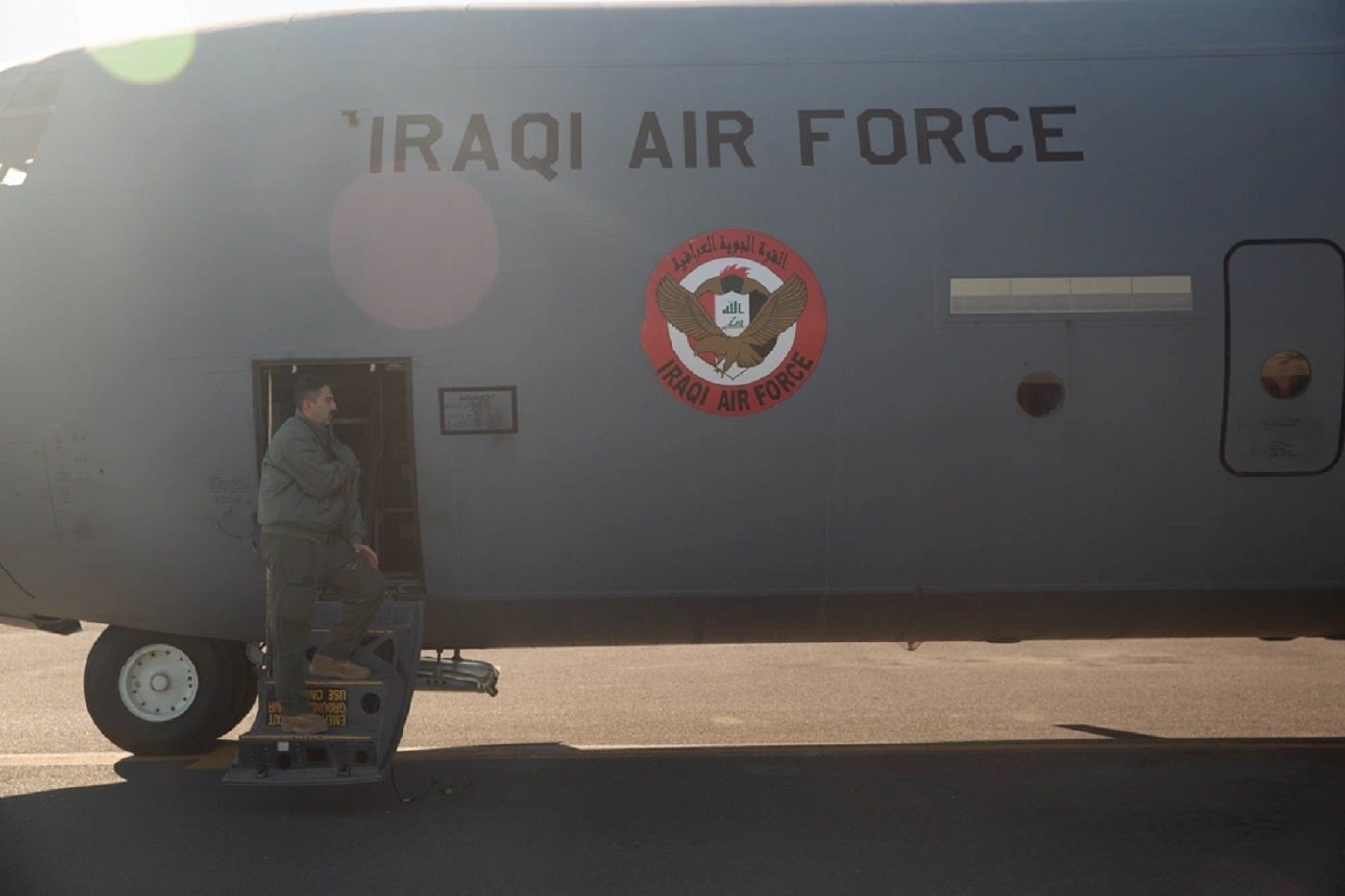
With a defence budget of $5.2bn in 2023 and a total defence spending of $27.3bn in the forecast period, according to GlobalData’s “Iraq’s Defence Market 2023-2028” report, Iraq aims to enhance its defence capabilities amidst regional instability and the resurgence of ISIS.
Iraq is making strides in modernising its air force as part of its military reform program.
Air procurement is the priority
Iraq is prioritising the acquisition of modern military equipment to strengthen its defence capabilities and address regional instability and the growing threat of ISIS.
In line with this objective, Iraq has recently finalised a contract with Dassault Aviation to purchase 14 units of Rafale aircraft. The $3.2bn allocation for this contract aims to replace the country’s ageing F-16IQ jets, which have proven challenging to maintain.
Notably, the Iraqi government has proposed paying for the new aircraft through oil supplies rather than cash, highlighting the country’s unique approach to financing its defence acquisitions.
In addition to the Rafale deal, Iraq has also expressed interest in procuring 24 AT-6C Texan II Aircraft from Pakistan’s Pakistan Aeronautical Complex and 12 units of JF-17 Block 3 from China’s Chengdu Aircraft Industry Group.
Pakistan has inducted the Chinese-built J-10C fighter jets. The J-10C is a medium-weight, all-weather jet that can be equipped with fourth-generation air-to-air missiles such as the short-range PL-10 and the beyond-visual-range PL-15.
The estimated contract allocation for the Texan II aircraft is $693.8m, while the JF-17 Block 3 purchase is approved for $664m. These acquisitions will further bolster Iraq’s air force capabilities, allowing for enhanced operational effectiveness and a more robust defence posture.
A diplomatic initiative
Iraq has established diplomatic relations with Western nations such as the United States and South Korea to support its modernisation efforts. These strategic partnerships have facilitated the signing of multiple contracts for military equipment, enabling Iraq to access technologies and expertise.
While foreign investors may encounter challenges in the Iraqi defence sector, including corruption, customs regulations, and high taxes, specific segments are expected to offer lucrative opportunities.
The military fixed-wing, missile and missile defence systems, and electronic warfare sectors hold potential for foreign investors seeking to engage in the Iraqi defence market.
The investment in modern military equipment reflects Iraq’s commitment to national security and its determination to safeguard the interests of its people and contribute to stability in the region.




